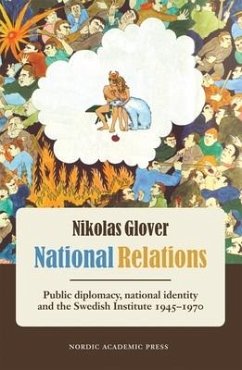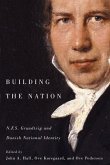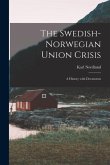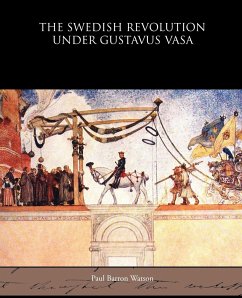In Stockholm in January 1945, an assembly of Swedish diplomats and businessmen initiated an organisation that was to improve the country's reputation abroad. The new, semi-governmental Swedish Institute was charged with explaining Sweden's policy of neutrality during the war, encouraging peace-building, and promoting foreign trade in the new international world order. But how was all this to be achieved? In this book, historian Nikolas Glover analyses the policies, funding and national narratives of the Swedish Institute. He provides a historical perspective on the politics of promoting Swedish culture abroad, and on how ideas of communication shaped the Institute's work and its representations of Sweden. His wide-ranging analysis addresses the specific conditions of small-state public diplomacy: the influential domestic interests involved as well as the global context that dictated the ways in which claims to national uniqueness were framed.




![The Swedish Nation in Word and Picture, Together With Short Summaries of the Contributions Mades [sic] by Swedes Within the Fields of Anthropology, Ra The Swedish Nation in Word and Picture, Together With Short Summaries of the Contributions Mades [sic] by Swedes Within the Fields of Anthropology, Ra](https://bilder.buecher.de/produkte/67/67114/67114446m.jpg)


